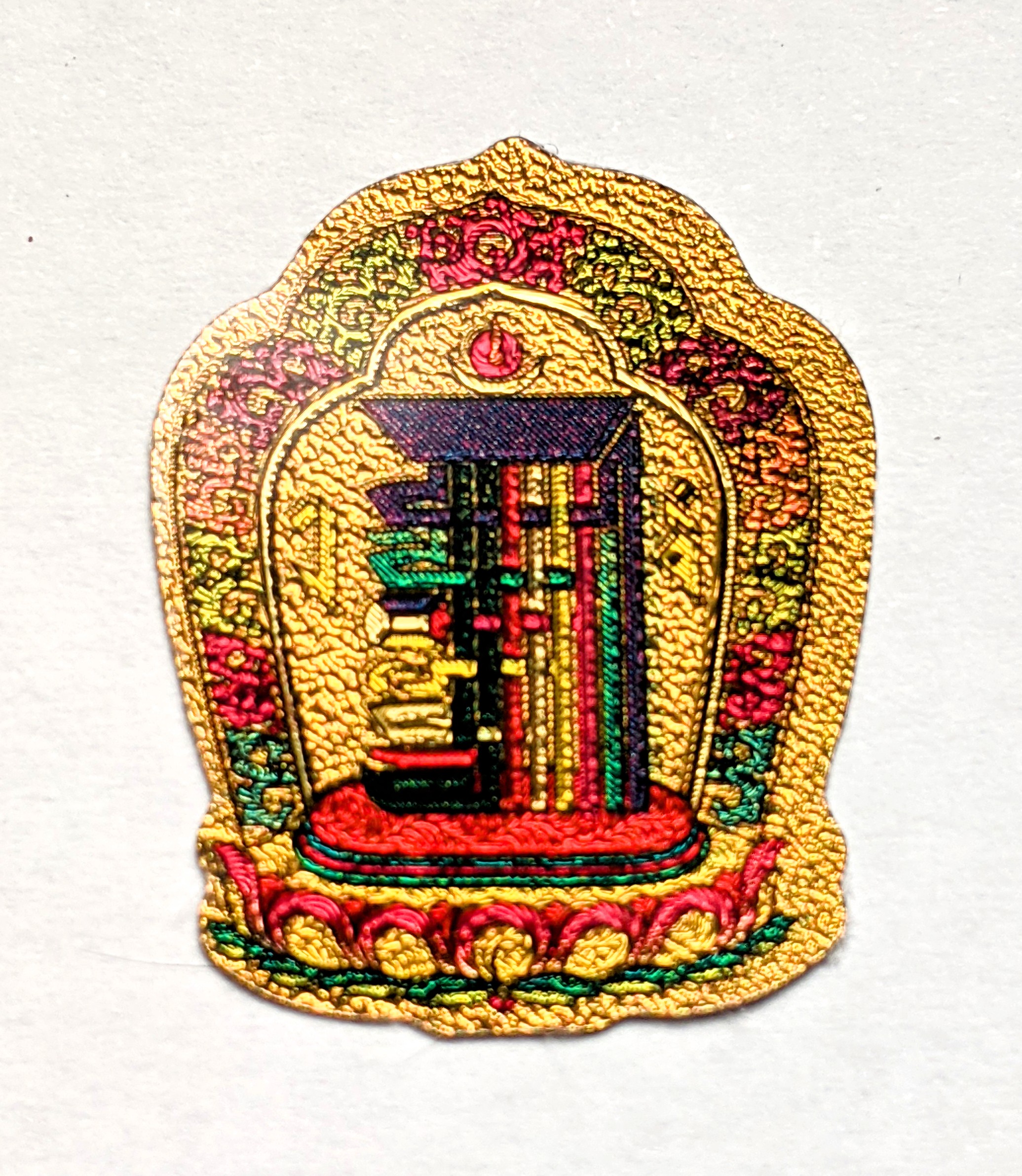Bivol Muslim refers to a significant cultural and agricultural practice that has been part of various Muslim communities across the globe. This article aims to delve deep into the essence of Bivol Muslim, exploring its historical roots, cultural relevance, and the role it plays in the agricultural landscape of Muslim-majority countries. Understanding this topic is crucial for appreciating the intricate relationship between agriculture and culture in these societies.
The practice of raising bivol, or water buffalo, has been integral to the livelihoods of many communities. This domesticated animal is not only valued for its strength and ability to work in rice paddies but also holds a special place in the hearts of the people who rear them. The bond between humans and these creatures symbolizes the harmony of nature and culture that is often celebrated in Muslim traditions.
As we navigate through the intricacies of Bivol Muslim, we will explore various aspects such as the biological characteristics of the water buffalo, their importance in farming, and the cultural practices that revolve around them. This article will provide insights into why Bivol Muslim is not just a farming practice but a vital aspect of identity and community in many regions.
Table of Contents
- What is Bivol Muslim?
- Historical Significance of Bivol in Muslim Communities
- Biological Characteristics of Water Buffalo
- Agricultural Importance of Bivol
- Cultural Practices Surrounding Bivol
- Regional Variations of Bivol Muslim
- Challenges and Opportunities in Bivol Farming
- The Future of Bivol Muslim
What is Bivol Muslim?
Bivol Muslim refers to the practices and traditions associated with raising water buffalo, particularly in Muslim-majority regions. These animals are known for their adaptability to various environments and are often used in farming for plowing fields and transporting goods. The term encompasses not only the agricultural practices but also the cultural significance of these animals in the lives of the communities that rear them.
Historical Significance of Bivol in Muslim Communities
The history of bivol in Islamic culture is rich and multifaceted. Water buffalo were domesticated thousands of years ago, and their domestication played a crucial role in the agricultural development of many civilizations. In Muslim societies, these animals have been celebrated for their contributions to farming and sustenance.
- Ancient Civilizations: Water buffalo have been depicted in ancient texts and art, signifying their importance in agriculture.
- Islamic Traditions: In many Islamic traditions, livestock, including water buffalo, are considered a blessing and a source of livelihood.
Biological Characteristics of Water Buffalo
Water buffaloes, known scientifically as Bubalus bubalis, possess unique biological traits that make them particularly suited for agricultural work:
- Adaptability: They thrive in wet and marshy environments, making them ideal for regions with rice paddies.
- Strength: With their robust build, they are capable of performing strenuous tasks, such as plowing fields.
- Milk Production: Water buffalo are also valued for their milk, which is richer in fat compared to cow's milk, making it ideal for producing dairy products.
Agricultural Importance of Bivol
In agricultural practices, bivol plays a pivotal role, particularly in rice cultivation. Their ability to work in waterlogged fields makes them indispensable to farmers in many regions:
- Plowing Fields: Water buffalo are commonly used for plowing, as they can navigate wet terrains effectively.
- Transportation: They are also utilized for transporting goods and produce from farms to markets.
Cultural Practices Surrounding Bivol
The cultural significance of bivol extends beyond agriculture. Various rituals and festivals in Muslim communities celebrate these animals:
- Festivals: In some regions, water buffalo are featured prominently in local festivals, symbolizing prosperity.
- Rituals: The care and breeding of bivol are often accompanied by traditional rituals that highlight their importance in the community.
Regional Variations of Bivol Muslim
Different regions have their unique practices and traditions related to bivol. For example:
South Asia
In countries like India and Pakistan, water buffalo are essential for dairy production and are culturally significant during festivals.
Southeast Asia
In countries such as Indonesia and the Philippines, water buffalo are integral to rice farming and are often featured in local agricultural practices.
Challenges and Opportunities in Bivol Farming
While the practice of raising bivol is deeply rooted in tradition, modern challenges require adaptation and innovation:
- Climate Change: Changing weather patterns affect the habitats and farming practices associated with water buffalo.
- Market Dynamics: The demand for buffalo milk and meat presents both challenges and opportunities for farmers.
The Future of Bivol Muslim
Looking ahead, the future of bivol farming in Muslim communities will depend on sustainable practices and the integration of modern agricultural techniques. Emphasizing education and resources for farmers will be crucial in maintaining the cultural significance and agricultural viability of water buffalo.
Conclusion
In summary, Bivol Muslim represents a unique intersection of agriculture and culture within Muslim communities. Understanding its significance helps appreciate the intricate relationships that exist in these societies. The role of water buffalo extends beyond mere farming; they are symbols of strength, resilience, and cultural identity. We invite readers to share their thoughts on this topic, engage in discussions, and explore more articles related to agriculture and culture.
Closing Remarks
Thank you for taking the time to read about Bivol Muslim. We hope this article has provided you with valuable insights and knowledge. We encourage you to return for more engaging content and discussions on similar topics in the future.



